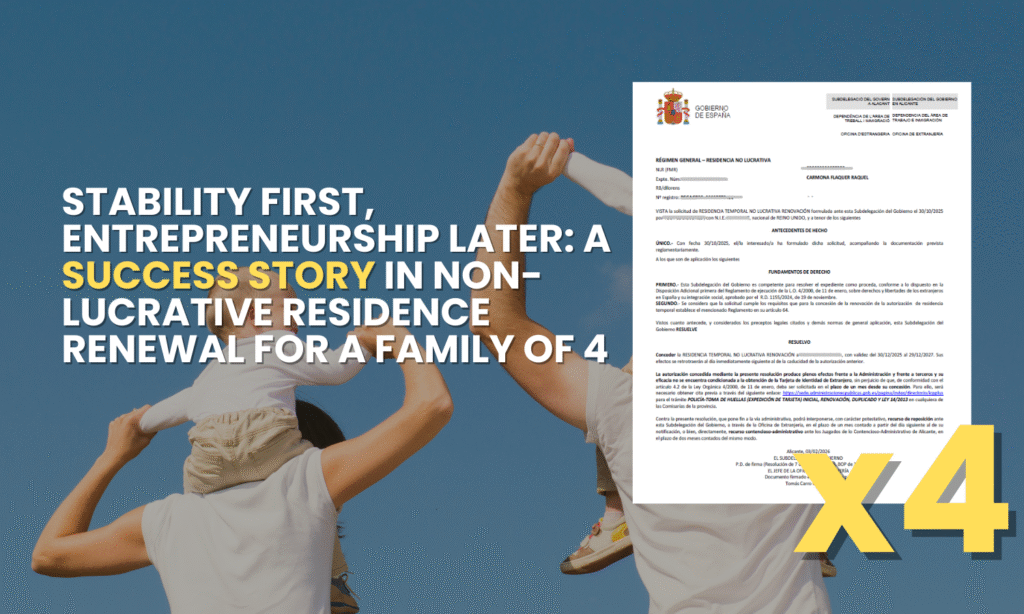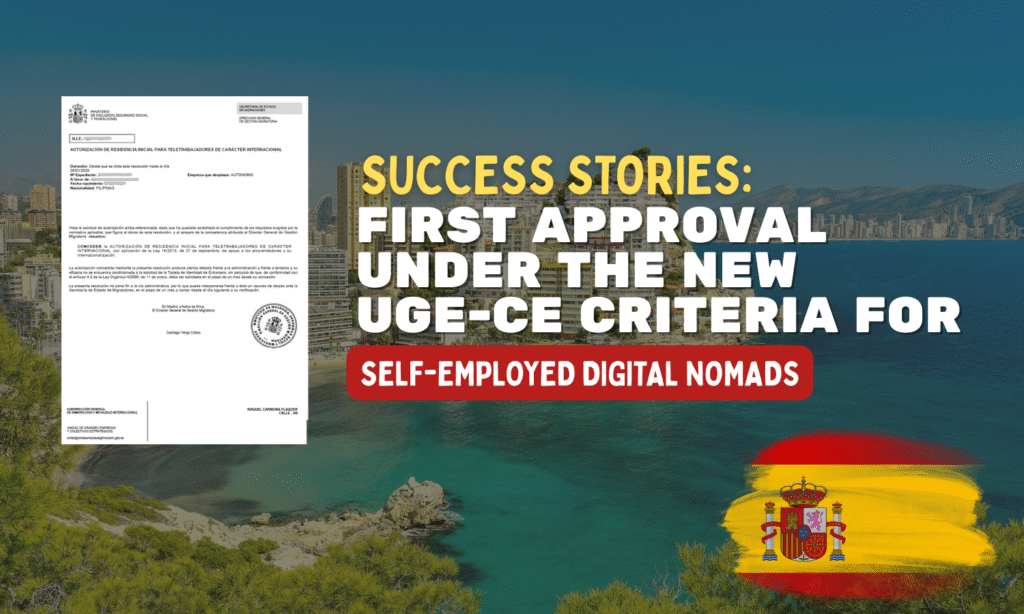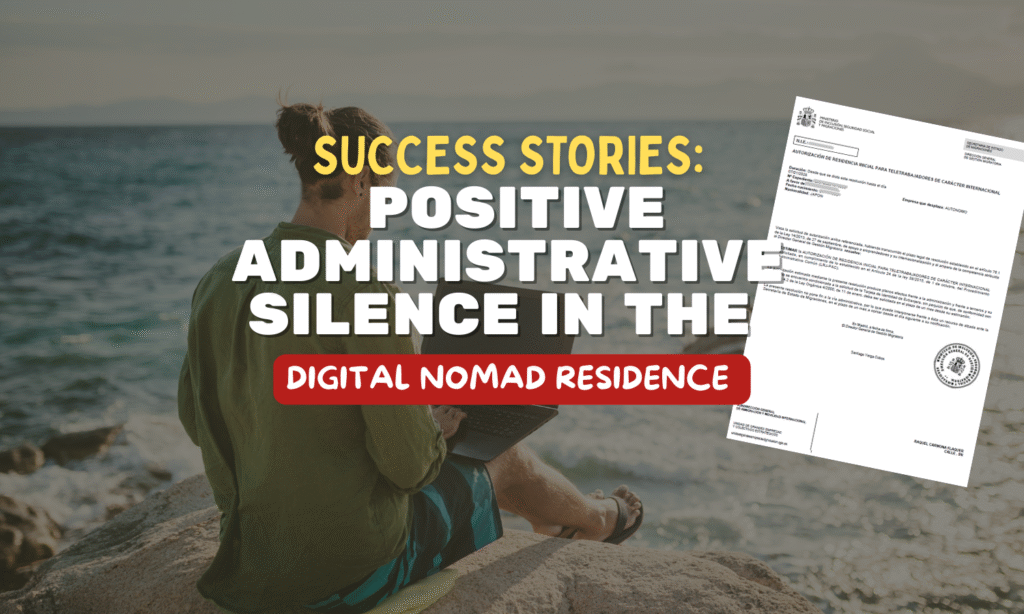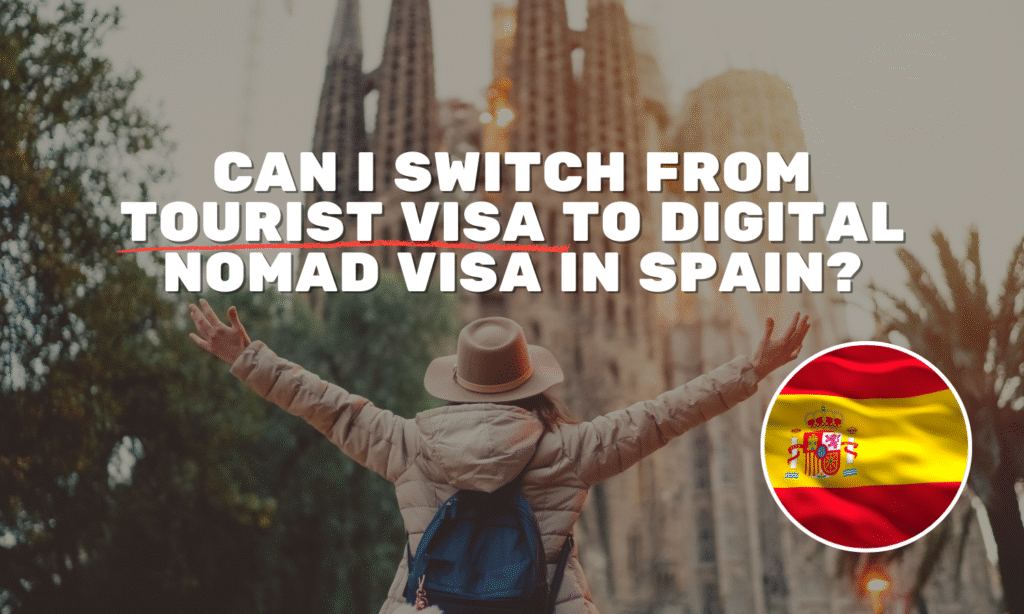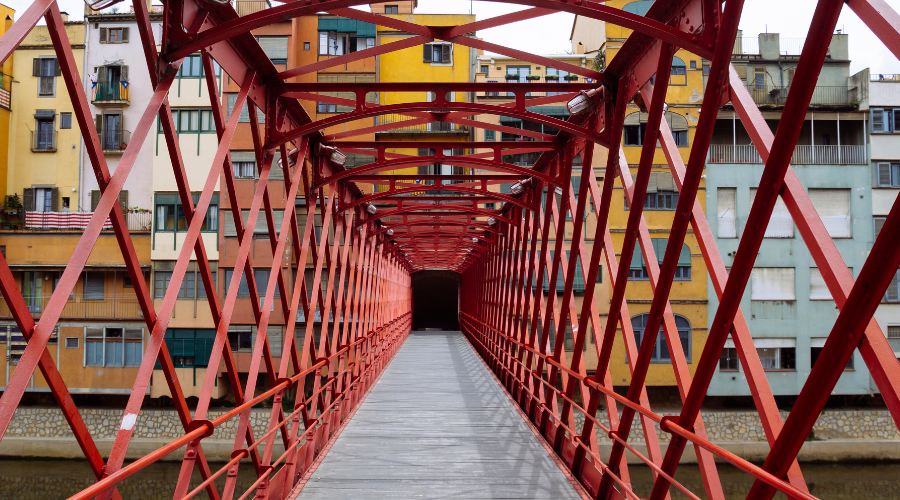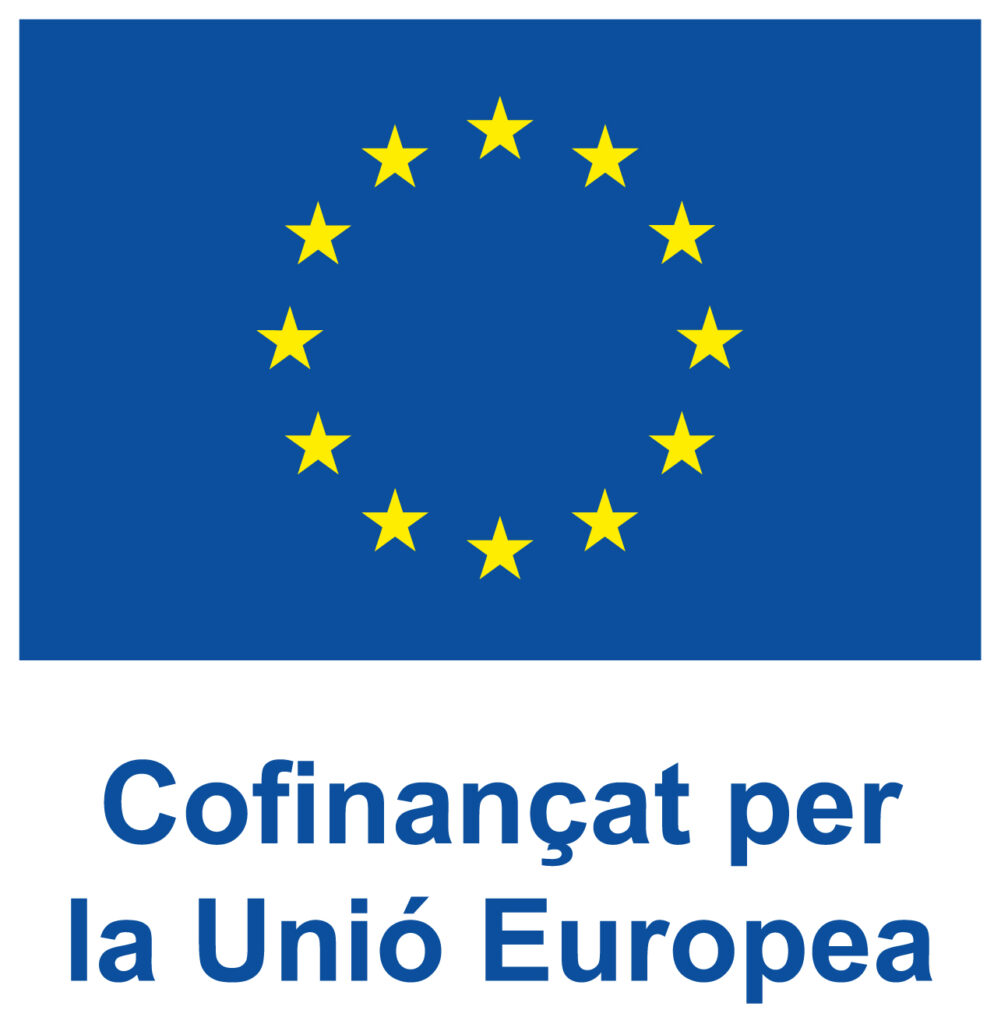1. How Top Athletes and World-Class Artists Can Work Legally in Spain
Spain continues to position itself as a leading destination for international athletes and artists seeking to develop their careers. But talent alone isn’t enough: to work legally in Spain, foreign professionals in the cultural and sports sectors must obtain specific work and residence permits.
Since these profiles are recognized for the value they bring to Spain’s international image, immigration law provides procedures tailored to their needs—but only if the legal pathway is followed correctly from the start.
2. For Professional Athletes Signed by Spanish Clubs
Foreign professional athletes hired by Spanish sports entities must obtain a residence and work permit as an employee. This legal process is mandatory to regularize their status and carry out their activity within Spanish territory.

2.1. Who qualifies?
This process applies to all athletes and sport coahces with a valid contract from a recognized Spanish club or sports entity.
However, there’s a key distinction based on the national labor shortage list known as the Catalogue of Hard-to-Fill Occupations:
- Professional athletes and sports coaches are included in the catalogue → No need to prove there are no suitable national candidates.
- Other athletes → The club must justify the absence of available talent in Spain, which can complicate the process. This could include, for example: Players in lower-tier leagues not recognized as professional, or members of non-professional or semi-professional clubs.
2.2. Key Documents Required
- Signed employment contract
- Copy of valid passport
- Evidence of professional background (CV, achievements, track record)
- Medical certificate
- Criminal background certificate from the country of origin
- Legal documents from the hiring club/entity
Initial permit duration: 1 year, renewable depending on the contract and legal compliance.
3. For Artists Engaged in Cultural Events or Projects
Foreign artists invited to perform, film, tour, or participate in cultural events in Spain must also obtain the appropriate authorization—even for short-term or one-time projects.
3.1. Types of permits
There are two main types of work authorization depending on the project:
- Temporary residence and work permit as an employee: For artists engaged in long-term or recurring projects.
- Short-term work authorization: For brief, intensive engagements like concerts, festivals, recordings, or filming.

3.2. Required Documentation
- Contract or invitation letter from the event organizer or promoter
- Valid passport
- Proof of artistic background and international recognition
- Documentation detailing the nature and dates of the activity.
The application must be submitted by the hiring or organizing entity, not the artist directly.
4. And starting May 2025, a new reform makes the process even easier…
What Changed in 2025? A Legal Boost for International Talent
As of May 20, 2025, Spain has updated its immigration regulation to:
- Encourage clubs and event organizers to bring in global talent
- Speed up the processing times for cultural and sports permits
- Simplify documentation for recognized, high-profile professionals

5. Why You Need Legal Support
Each application must meet specific legal requirements, and mistakes can delay or block entry into Spain. At MigratioLex, we assist international clubs, producers, and talents in securing legal authorizations—quickly, safely, and strategically.
Ready to work legally in Spain? Contact MigratioLex today and get personalized legal guidance from global mobility experts.


